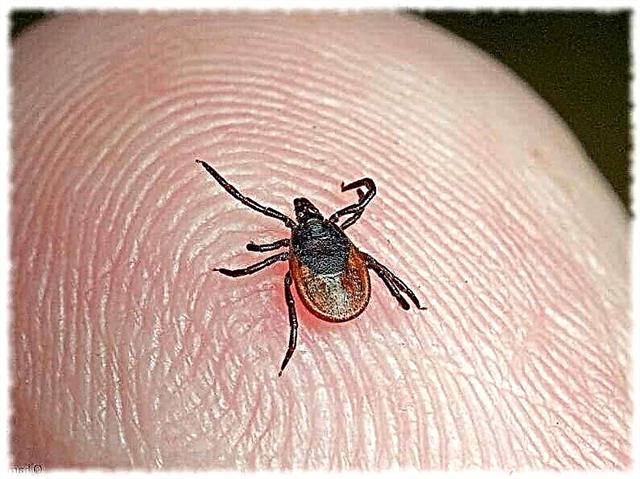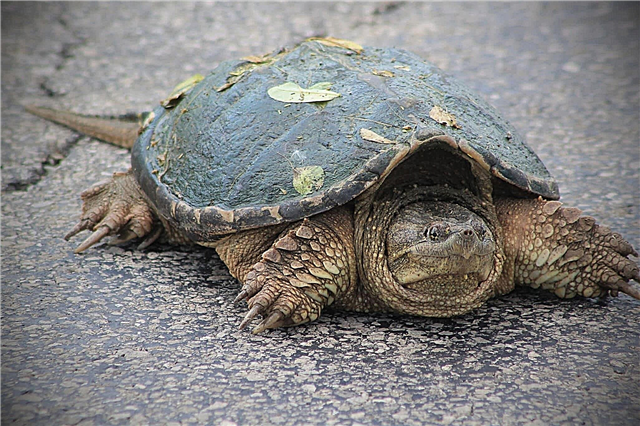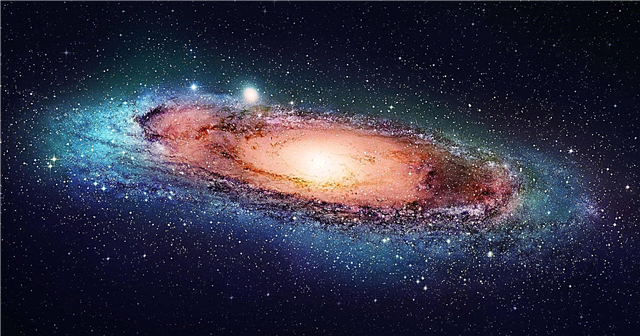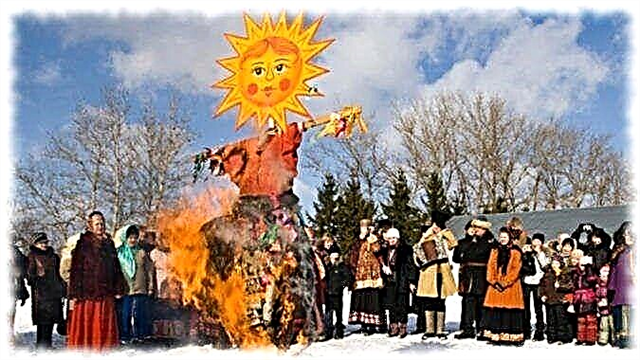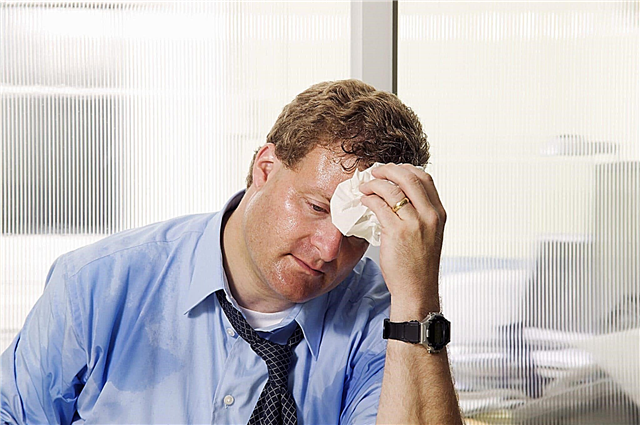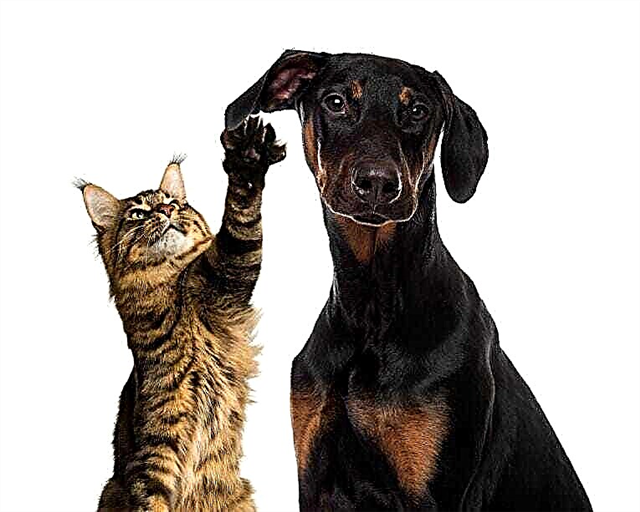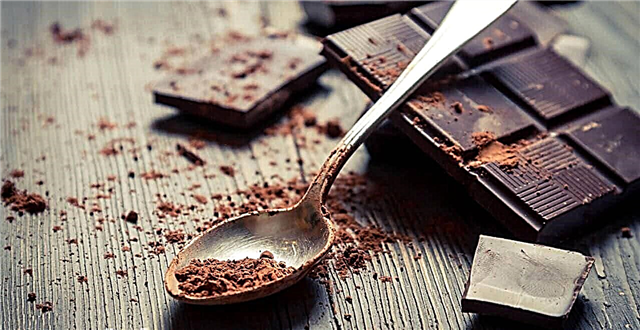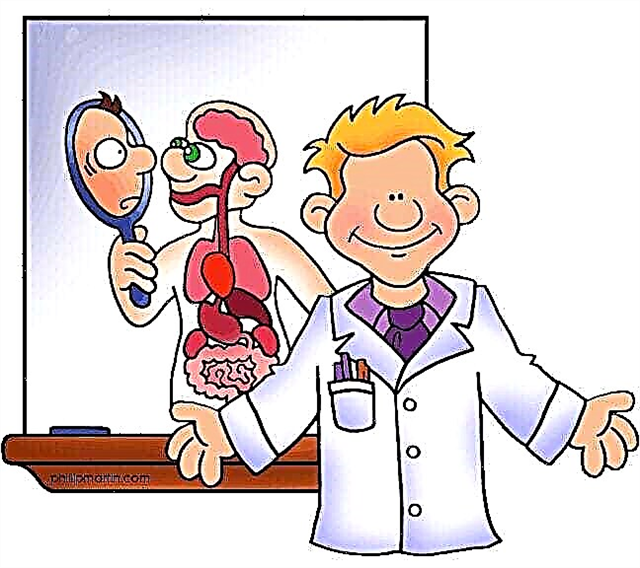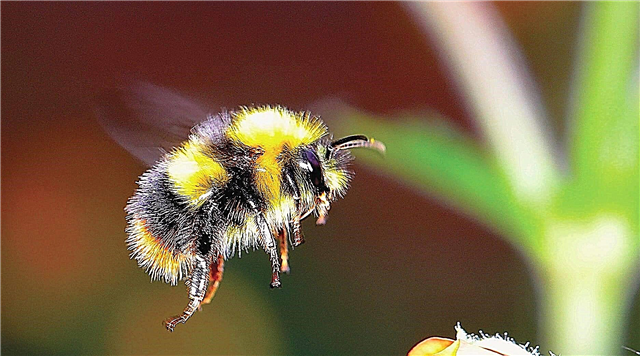
Teeth are given by nature to grind food, both to humans and to representatives of the animal world. How are things with animals?
Do teeth hurt animals?
Teeth in animals, of course, hurt, like in humans, but much less often. The thing is that animals do not have the ability to cook food, that is, cut or process it in any way. Therefore, they carefully chew food and teeth, in contact with the product, better cleaned.
Also, in most animals, lysozyme is contained in saliva - it is it that prevents the occurrence of infections. Animals do not eat sweets (with the exception of pets) and get less sugar from food - the chance of caries is also reduced.

Birds have no teeth, and in reptiles, in case of loss, teeth are replaced by new ones.
Features of the teeth of different animals
If a person has a toothache, he can solve the problem simply by visiting a dentist. Animals (wild) do not have such an opportunity, therefore, due to the loss of teeth, many of them simply die.
In case of loss of teeth, the predator will be forced to switch to another diet, where it will not be necessary to tear the meat fibers with teeth - vegetable. This will immediately affect his state of health. The herbivore, if not killed, will be forced to adapt to the consumption of more tender vegetation.

Interesting fact: There have been cases where tigers that have lost their fangs attacked villages because they saw humans as a more accessible target than wild animals.
In all mammals, a change of teeth is observed - from milk to molars.But among this group there are whales and non-toothed animals - their teeth do not change. If you take elephants or manatees, then their teeth can be replaced by others as they wear out.
Elephants live for a long time, they have the last tooth replacement in 30 years. Hares and rodents are mammals that are comparatively lucky - their incisors are constantly growing, so they are constantly nibbling something, since they need to grind their teeth.
Mammals that are in the wild, mostly lose their teeth when hunting or trying to crack a particularly hard bone. With pets, everything is somewhat different and they rarely lose their teeth, but the most common problem is the appearance of tartar.
This is due to the fact that too much soft food is consumed and there is no hard meat. That is why veterinary dentistry arose as a separate area of veterinary medicine. The animals that are in the zoo are occupied by a special dentist - a zoo-dentist.
As for representatives of another animal world, such as fish and reptiles? For example, sharks have a lot of teeth (located in several rows) and they grow almost all their lives.

Interesting fact: throughout the life of a white shark, an average of 30,000 teeth change.
Such a predatory reptile, like a crocodile, also has no problems with teeth - they grow all life. The old ones have worn out - new ones grow. Thus, with fish and reptile teeth, things are much better than in mammals.

